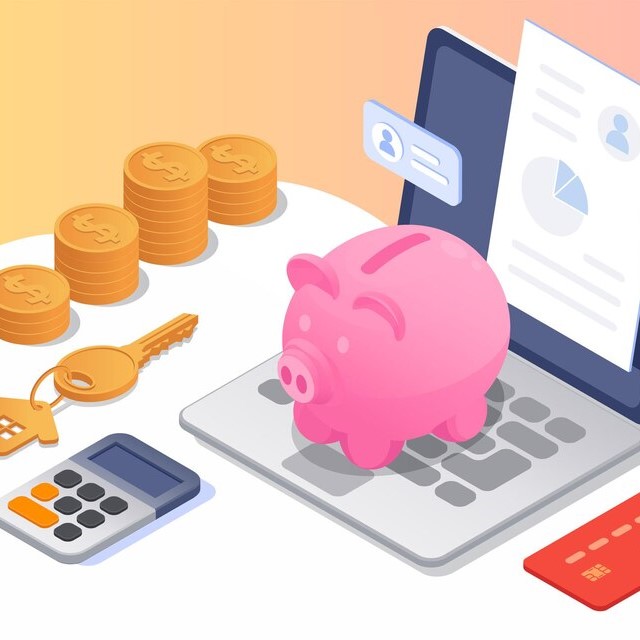How to Deal with Unethical Loan Collection Practices
Dealing with loan repayment can be a difficult time, and it becomes even harder when recovery agents use unethical or illegal methods. It’s important to understand that you, as a borrower in India—including in Gurugram, Haryana—are protected from such tactics under RBI rules on debt recovery and other legal regulations. At Bank Harassment, we believe in helping you understand your rights and take the right steps when facing unfair treatment from recovery agents.
Recognizing the Wrongdoing: Identifying Unethical Collection Practices
Unethical practices by recovery agents are not just annoying—they can be legally wrong. These practices may include:
-
Harassment and Abusive Language: Using threatening or foul language on phone calls or in person.
-
Untimely and Excessive Calls: Calling too early, too late, or multiple times in a day without reason.
-
Threats and Coercion: Warning about arrest, physical harm, or damaging your property.
-
Public Shaming and Privacy Invasion: Telling your debt story to neighbors, relatives, or coworkers without permission.
-
Misleading Information: Lying about how much you owe or giving false legal warnings.
-
Demanding Payment from Non-Guarantors: Pressuring family or friends who didn’t sign the loan to pay.
-
Physical Intimidation and Trespassing: Showing up at your home or office without permission, using force or blocking access.
-
Impersonation: Pretending to be police or government officials.
Your Shield Against Unethical Practices: Taking Action Legally and Effectively
If you’re dealing with illegal debt collection in India—especially in places like Gurugram, Haryana—take the following steps to protect yourself:
1. Document Everything Carefully
Keep notes of every incident. Write down the date, time, what was said or done, and who was involved.
Save all call logs, WhatsApp chats, emails, and threatening messages. If possible, record calls legally.
2. Assert Your Rights Confidently
Tell the recovery agent that their actions go against RBI rules on debt recovery.
Let them know you are aware of your rights and won’t tolerate harassment.
Ask them to communicate only in writing moving forward.
3. File a Complaint Against Recovery Agents
Write a formal complaint against recovery agents to the bank’s grievance cell.
Attach all proof of the harassment and demand immediate action from the bank.
4. Escalate to the Banking Ombudsman
If the bank doesn’t respond within 30 days, contact the Banking Ombudsman with all the evidence.
Explain the issue clearly and show that the bank did not act.
5. Report to the Reserve Bank of India (RBI)
If necessary, file a complaint directly with the RBI. They are strict about banks following fair practices and will act on violations of RBI rules on debt recovery.
6. File a Police Complaint (FIR)
If you are threatened or face physical intimidation, go to your local police station in Gurugram and file an FIR.
Include all your evidence—screenshots, recordings, and written logs.
7. Get Legal Support
Talk to a lawyer who handles bank harassment or criminal cases.
They can send legal notices and help you take stronger action if needed.
8. Use Cyber Crime Portals for Online Harassment
If you are being threatened or exposed online by loan recovery apps or agents, file a complaint through the National Cyber Crime Reporting Portal (cybercrime.gov.in).
Bank Harassment: Support When You Need It Most
At Bank Harassment, we are committed to helping people like you stop illegal debt collection in India and take proper action against harassment. Whether it’s documenting your experience, raising a complaint, or exploring legal options, we guide you every step of the way.
Conclusion: Stand Firm and Know Your Rights
Facing bank harassment is stressful, but you have legal options and protections. Don’t let illegal or abusive recovery practices go unchallenged. By staying informed, keeping records, and reaching out for help, you can put an end to this behavior.
If you’re dealing with aggressive loan recovery agents, Contact Us now for support and legal guidance.



